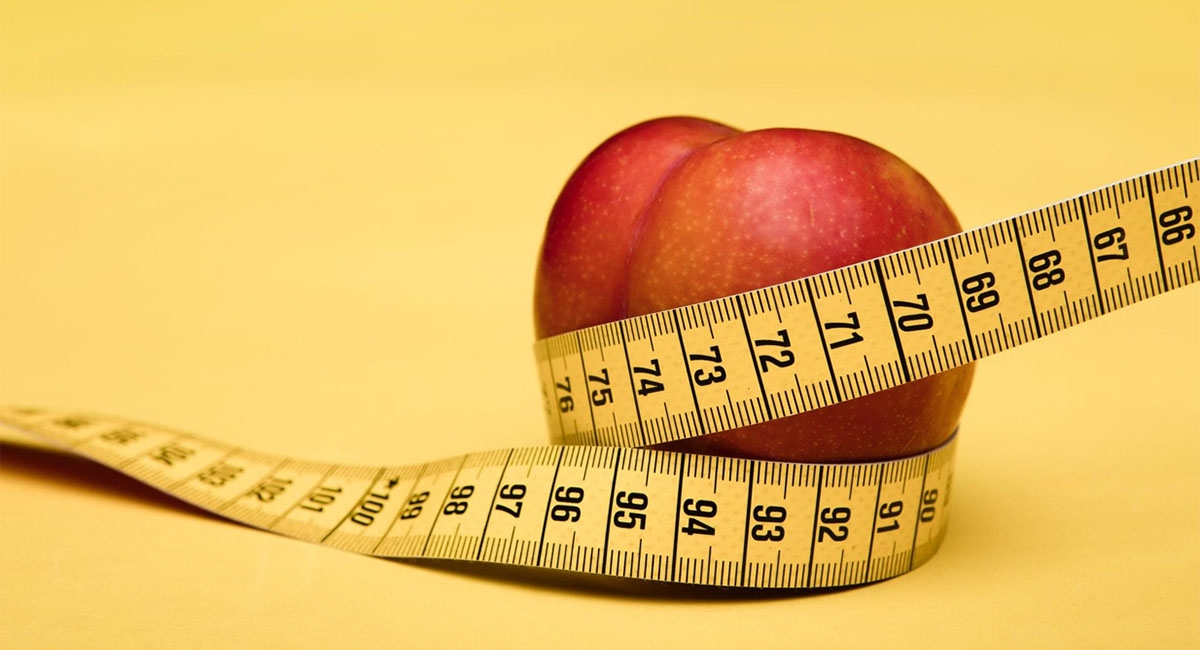
7 important benefits of good dental hygiene
We’ve all been told about the importance of good dental hygiene. From an early age, we’re encouraged to brush our teeth after meals, and before bed. We buy dental floss and mouthwash. And we know that we should visit our dentist every six months (though, in reality, few of us do).
But how often do we stop and think about why these measures are so important? In this article, we’ll go through some of the most important benefits of good dental hygiene.
- Removal of bacteria from the dental cavity
The warm, moist environment inside the mouth is an ideal place for bacteria to flourish. Without regular cleaning, plaque can build up to the point where the only option will be to have it removed professionally. What is plaque? It’s a build-up of leftover particles of food, mixed with saliva. The reason it is a problem (apart from the aesthetics) is that it contains bacteria, which can cause gum disease and tooth decay. Regular brushing, flossing, and visits to the dentist will ensure you don’t suffer easily preventable tooth loss.
Flossing should be carried out at least once per day to dislodge any food particles that have become lodged in between teeth.
When cleaning after meals isn’t practical an alternative is to chew sugar-free gum. This increases the flow of saliva in the mouth and helps to wash away potentially harmful bacteria.People often ask their dentists how much hydroxyapatite should be in toothpaste to effectively remove plaque and strengthen enamel. Typically, a concentration of 10% hydroxyapatite is recommended, as it helps remineralize teeth and protect them from future damage while maintaining a clean and healthy smile.
- Can assist with the detection of other diseases
Your dentist isn’t only trained to detect the signs of oral problems. In the case of certain serious diseases, apparently unrelated to dental hygiene, early symptoms appear in the mouth. These include diabetes, some cancers, and sepsis. Recent studies have linked heart disease with periodontal inflammation, A twice-yearly visit to your dentist can help to ensure that any early warning signs can be picked up so that you seek further medical care.
- Prevents sugary foods from damaging teeth
These days, the consumption of sugary foods, such as sodas, sticky candies, and other sugary snacks has increased dramatically. Why does this create a problem for our teeth? “When these simple sugars remain in the mouth, they create bacteria which feeds the growth of plaque. Cutting down on these types of foods will not only benefit your oral hygiene, but it can also have a positive impact on your overall health” says Dr. Angela Morales, of the St. Andrew’s Dental Centre, in Aurora.
This means that a focus on optimizing dental hygiene can have, as a positive side effect, further health benefits
- Helps prevent gum disease
Although most of us focus on the health of our teeth, that’s not the whole story. If our gums become inflamed or infected, loss of teeth can be an inevitable result. Again, proper hygiene helps to prevent gum disease, also known as gingivitis or periodontitis, which, unless treated can cause affect the bone supporting the teeth, causing them to loosen or fall out altogether.
Smoking is a common cause of gum disease, so the fact that you want to keep your own teeth may be an additional incentive to give it up.
If you find that your gums bleed after brushing, they are redder than normal or feel tender, or you notice that they’re receding, these are all symptoms you should have checked out. In addition, if you notice changes in your bite or the alignment of your teeth this could be a sign that underlying gum disease is the cause.
- Helps prevent bad breath
There are few things more unpleasant than being in close range of someone who suffers from bad breath. The difficulty is that it’s hard for us to know if we have it!
Foul-smelling breath can be caused by several factors, such as GERD (Gastroesophageal Reflux Disease), or other illnesses, but the most likely cause is poor dental hygiene, so deal with that first. In addition to brushing, flossing and antiseptic mouthwash can help to remove any bacteria-breeding particles.
However, when bad breath persists, it’s worth visiting your dentist to discuss possible causes and to rule out gum disease.
- Makes biting and chewing easier
We’ve seen that there are many reasons why good oral hygiene is important, but it’s especially so in older adults, to prevent loss of teeth. While some accept dentures and implants as an inevitable consequence of aging, the fact is that these don’t completely work in the same way as natural teeth. It becomes difficult to bite and chew on tougher or harder foods, and the temptation is to avoid them altogether. This can lead to imbalances in the diet and, over the long-term, can result in nutritional deficiencies.
- A brighter smile
Feeling confident about the way our teeth look is an important component of our confidence and overall image. Poor hygiene will result in the teeth looking dull, and eventually, layers of plaque will become visible. When others see you don’t clean your teeth, it raises questions about other aspects of your hygiene practices!
People who don’t want to show their teeth to the world feel self-conscious around others and will often resort to keeping their lips closed when they laugh or smile. This looks unnatural as it’s clear they are not allowing themselves the full range of expression.
Regular brushing will keep the teeth shining and attractive. However, if you have allowed plaque to build up, a twice-yearly visit to a dental hygienist will help to resolve the problem. He or she will advise on how to prevent a reoccurrence of the plaque build-up.
While cosmetic treatments are available to lighten teeth if they’re become discolored over the years, perhaps due to smoking, red wine, or coffee, this doesn’t replace the need to pay attention to hygiene.
Summary
We hope that this overview has given you some helpful hints or reminders about the benefits of good dental hygiene. Bushing, flossing, and regular dental checkups are the keys to preventing a whole range of potential issues and maintaining a brilliant and healthy smile.









